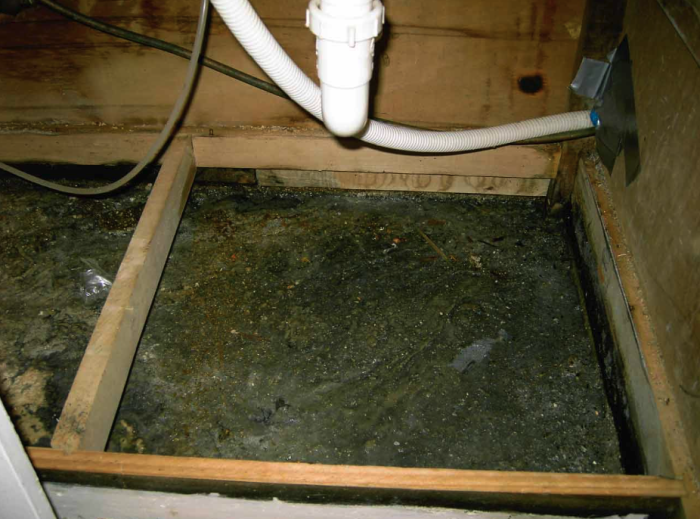What is Mold?
Mold- as we see it- is actually a colony of mold fungi. Mold fungi consume a variety of organic materials commonly found in homes, including cellulose in drywall and dust. Without adequate moisture the colony becomes dormant. When moisture levels rise enough, the colony becomes active, and with enough moisture, the colony will start to reproduce by releasing spores into the air. Spores are like microscopic seeds.
What are the health risks from mold
The health risk from mold is related to high concentrations of mold spores in indoor air. Because every single home contains mold, our bodies have adapted to inhaling air with common spore concentrations and healthy individuals seldom experience severe reactions. As spore concentrations increase, those with asthma, allergies, lung disease, or compromised immune systems become increasingly vulnerable and may experience severe reactions.
Is toxic mold a myth?
Toxic mold is not a complete myth: while the phrase “toxic mold” tends to be misleading, certain molds can produce mycotoxins- a result of fungal metabolysis- but poisoning from mycotoxins tends to be related to the food chain, not exposure to mold colonies in homes.
Myths About Toxic Mold
-
All black mold is not toxic, and not all molds that produce mycotoxins will do so in harmful amounts indoors.
-
Mold color does not indicate toxicity: black, green, and other molds can all cause health issues under the right conditions.
-
Claims of mold causing nonspecific, severe symptoms in healthy people usually lack scientific evidence; most adverse effects occur in sensitive populations or with massive exposure.
What should be done if mold is found in a home?
It varies with individual circumstances, but generally:
- If there's a little, clean it up with soap and water or a fungicide.
- If there's a lot, remove and replace the material or encapsulate the mold.
- Consult with an industrial hygienist.
Expert Guidance
-
Regardless of toxicity, indoor mold should be cleaned and moisture sources fixed to maintain a healthy environment.
-
Proper remediation is important if mold is found, but panic over “toxic mold” is often misplaced.
In summary, "toxic mold" is a partially founded concept—mold can cause health issues mostly via allergic reactions and irritation, but the idea that all or most mold exposure leads to severe toxicity is exaggerated and not supported by scientific consensus.

